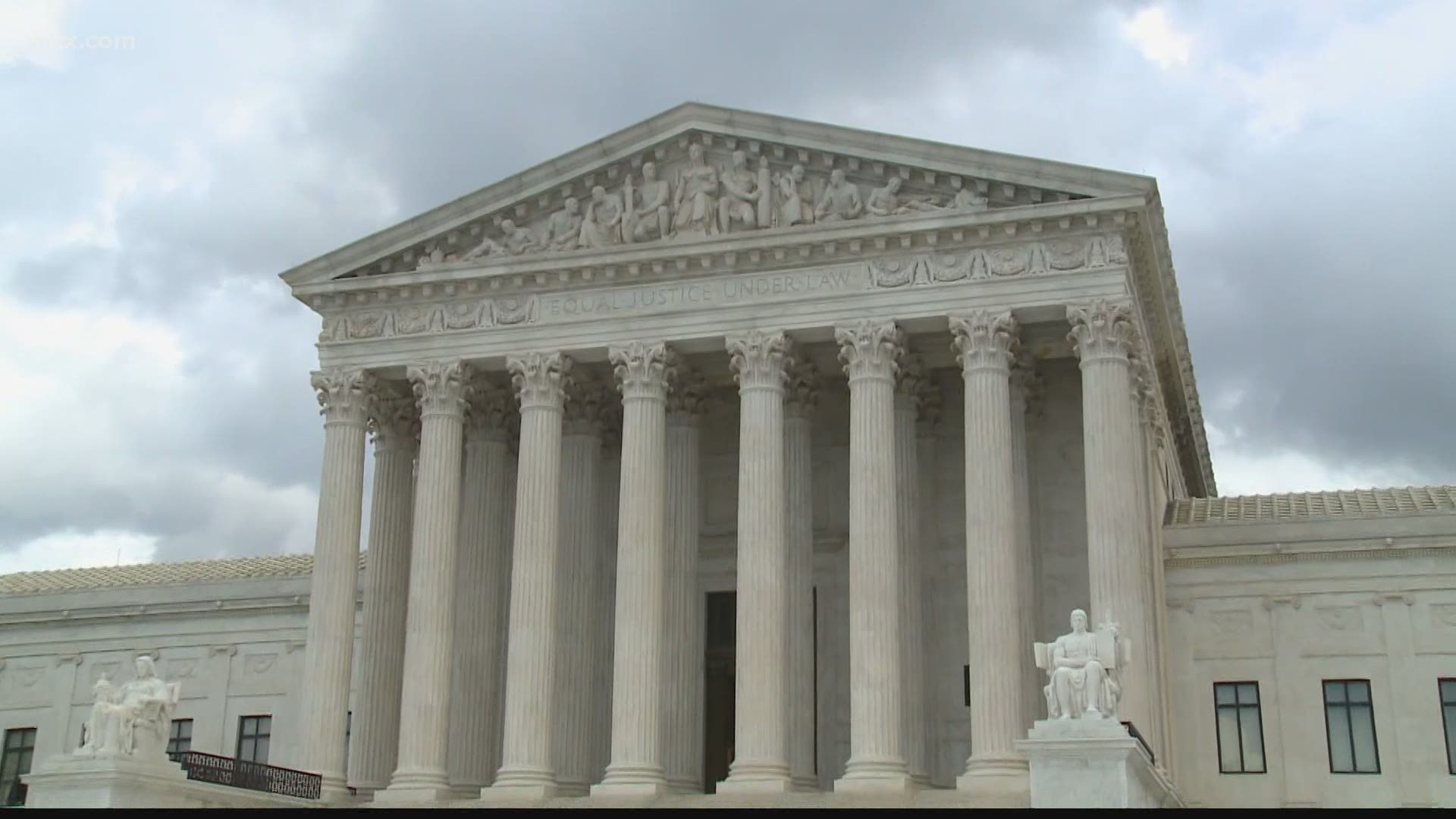WASHINGTON D.C., DC — On Monday, the Supreme Court of the United States (SCOTUS) agreed to take up a major abortion court case from Mississippi. This cause could roll back limits on abortion laws in the country set by previous rulings like Roe v. Wade.
"This is actually going to be a pretty pivotal moment to understand whether or not those pre-viability bans that have been passing across the United States and have passed in South Carolina are able to stand," said Ashley Lindow, Director of Policy and Government Relations for Women's Rights and Empowerment Network.
The court's ruling will determine if states can ban abortion before a fetus is able to survive outside the womb.
Lindow said the constitution protects a woman's right to privacy, which is where the right to an abortion is said to be. "This is why we push so hard to ensure that state legislation, doesn’t infringe on those rights," Lindow said.
The legal director of the South Carolina American Civil Liberties Union said ruling against precedent is a radical move for a judge.
"Even judges who hold their own political beliefs and religious beliefs very dearly also honor their oath to uphold the laws that they are there to take care of," said Susan Dunn, Legal Director of SC ACLU. "They're not there to make laws, they're there to interpret the laws, but this would be making law, so it would be a radical thing."
Meanwhile, other organizations like the SC Citizens for Life supports the push to ban abortion.
"South Carolina Citizens for life and the National Right to Life Committee absolutely applaud the court for hearing this case," Holly Gatling, Executive Director of SC for Life. "It shows that the abortion issue is still unsettled."
Gatling said the court hearing will be very divided. She also said the court case hits close to home.
"It will be a divided decision," Gatling said. "Also, South Carolina has the heartbeat bill that's going through the federal courts right now, we passed that overwhelmingly in the General Assembly earlier this year. And the abortion industry immediately pounced, to challenge it."
Back in March, a federal judge blocked South Carolina's 'fetal heartbeat' law. The law would require doctors to perform an ultrasound and check if there is a heartbeat. If a heartbeat was there, in most cases, an abortion was not allowed.
"This is why we push so hard to ensure that state legislation, doesn’t infringe on those rights," Dunn said.
The 'fetal heartbeat' law is currently being reviewed by the high court.
The Supreme Court will hear the Mississippi abortion case beginning October. A decision will be made by June 2022.

